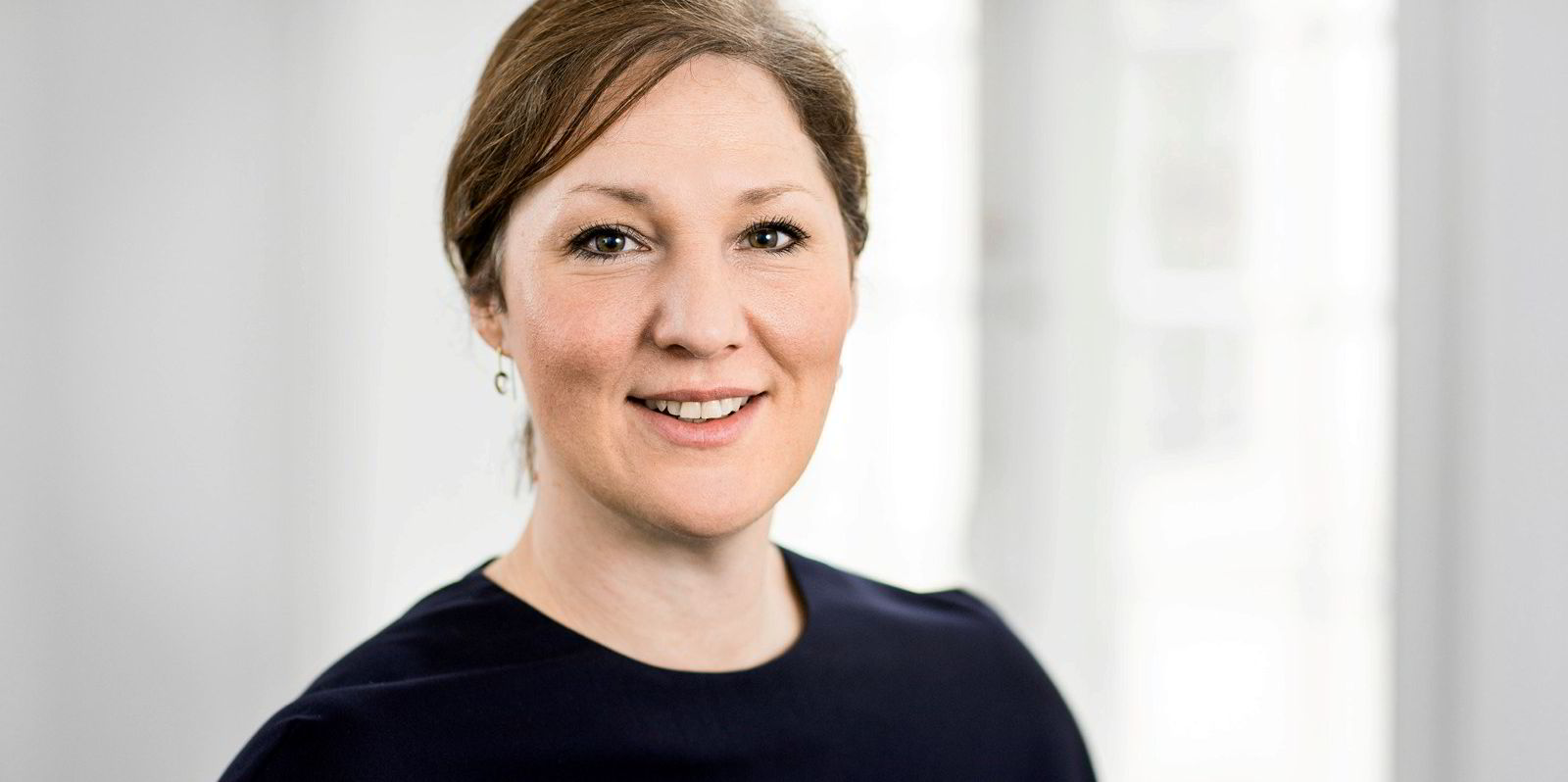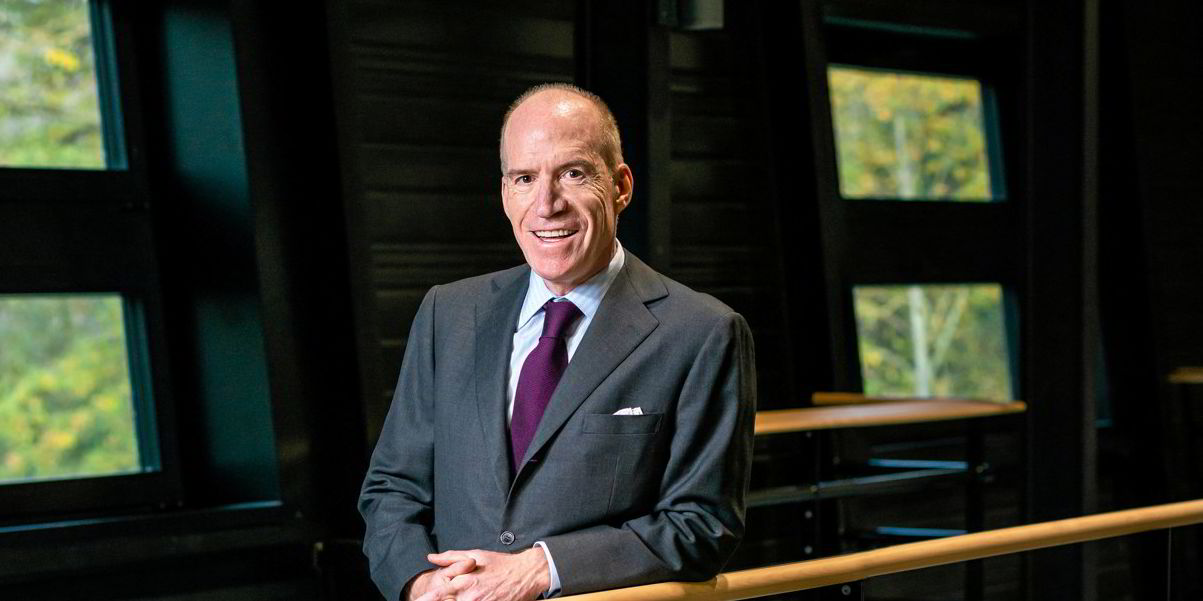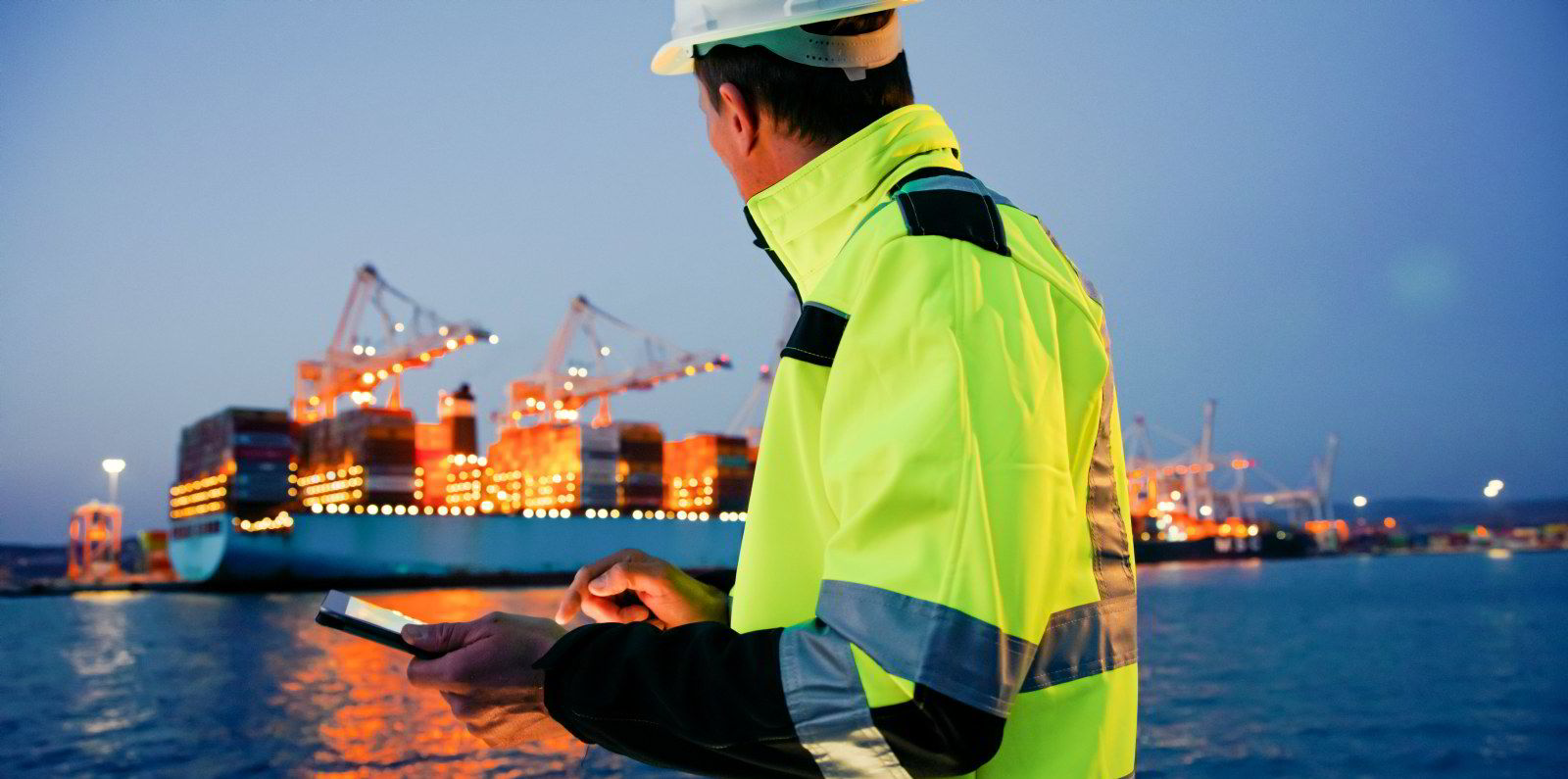Shipping’s fuel bill could be slashed by $50bn a year through vessel operational efficiency measures that can be quickly enacted, said Global Maritime Forum head Johannah Christensen today.
Citing a report just issued by the GMF, the chief executive of the alliance of shipping interests seeking to cut emissions said improvements in operational efficiencies could help a smoother and cheaper transition to alternative fuels.
“The cost savings today are not negligible,” she said with the GMF study showing the $50bn savings at today’s prices on the industry’s annual use of 300m tonnes of fuel.
Maximising vessel data monitoring and its standardisation, scaling up pilot projects to cut emissions and contractual changes to encourage virtual arrival practices when there are delays at discharge ports are all factors within easy reach for shipping companies, Christensen said.
The report also bundles in the effect of policies and regulations to enable new business models — which are currently restrained by the need for stronger emission-cutting targets to be set by the International Maritime Organization.
Speaking on a webinar organised by Swedish group Alfa Laval, Christensen said the shipping and energy industries needed to work together to move the fuel transition forward.
“It doesn’t just happen on its own. We can’t each of us sit around and wait for the others to act,” she said.
Alfa Laval president and chief executive Tom Erixon said the maritime equipment company aims to be carbon neutral by 2030.
It is an aggressive target, but he said Alfa Laval believed it was achievable for it to be at net zero level by 2030 with its Scope 1 and 2 emissions.
But Erixon said: “Our by far biggest emissions issue is our Scope 3 which is your [the shipping industry’s] Scope 1 and 2 and in that sense, we are in it together.”
Alfa Laval is building its presence in wind propulsion, hydrogen, air lubrication and routeing technologies but Erixon said previous product development cycles of five to seven years now had to be cut in half to be relevant for emissions reduction targets.
Speeding up the digitalisation of technologies is a major factor in hastening decarbonisation, speakers said at the event.
Digital Container Shipping Association chief product officer Henk Jan Gerzee said the assertion by the major carriers in the group to fully adopt a standardised electronic bill of lading by 2030 was just catching up with what the airline industry, where he previously worked, did in 2008 with e-ticketing.
Hafnia chief executive, Mikael Skov said it was easier in the container sector for operators to take advantage of technical collaboration that was also being pushed for by customers. That was not the case in the tramp tanker business, he said.
Former Clarksons Research head, shipping economist Martin Stopford said shipbuilders and equipment manufacturers also need to collaborate much more so that newbuildings did not need multiple upgrades to hardware and software systems onboard in future.
Sharing just-in-time information for port arrival by standardising data and co-operation was an example of how collaboration over digitalisation is being progressed, said Stefan Bulow, executive board director of Bimco.





